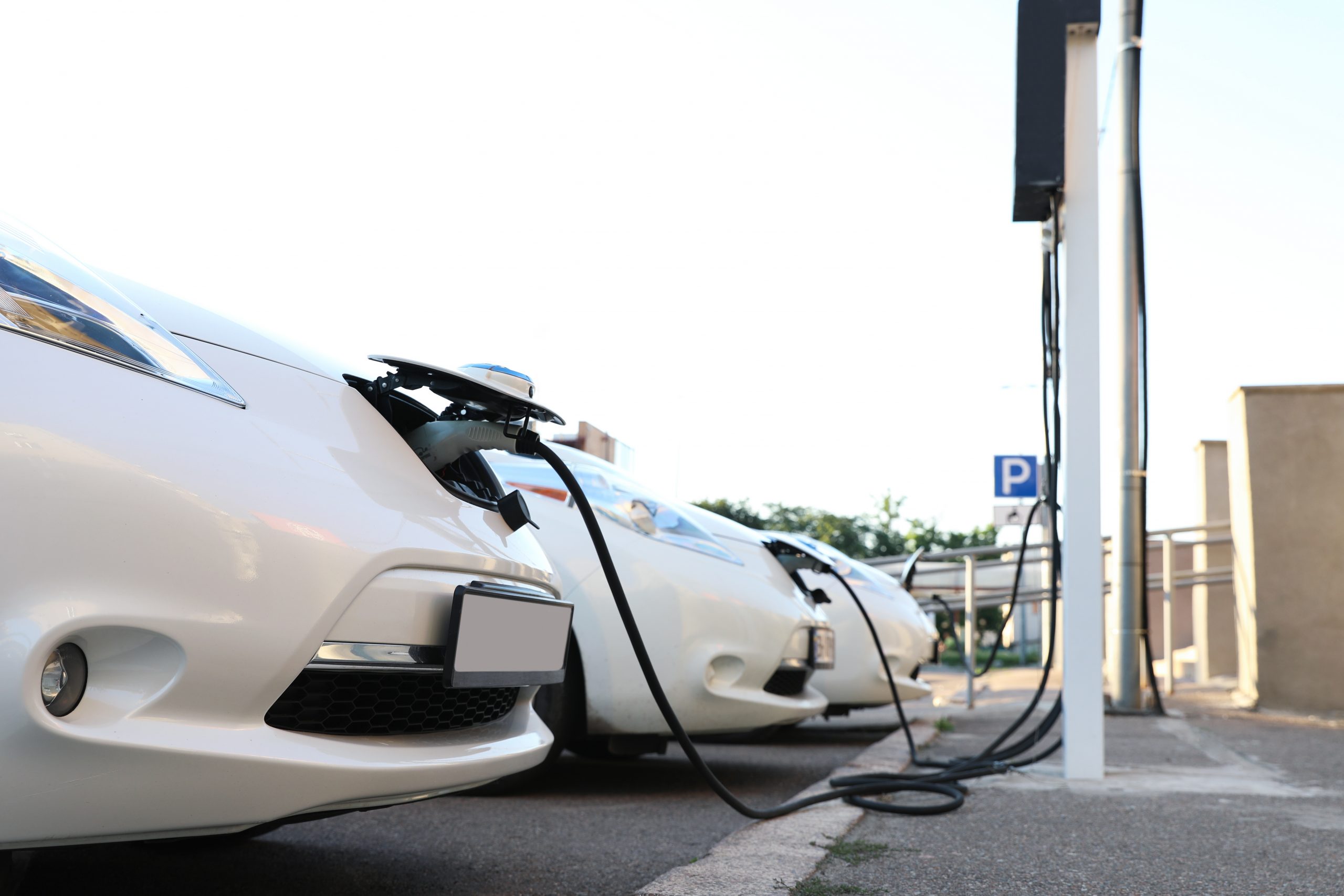If you own an electric vehicle, one main concern is finding a public charging station. While California has lead the nation with the number of electric vehicles sold (25.1% of all vehicle sales as of January 2025), and also leads with the number of chargers in the state (178,549 public & shared chargers as of March 2025), getting an electric vehicle (“EV”) charging station approved has proven to be a challenge. The biggest roadblock EV charging station companies face are local jurisdictions and their Planning-Zoning codes.
As a refresher, the state legislature passed laws that mandated local jurisdictions create a streamlined approval process for EV charging (AB 1236 (Chiu, 2015) and AB 970 (McCarty and Chiu, 2021) adding Sections 65850.7 and 65850.71 to the California Government Code (together referred to as “charging streamlining laws”)).
Many jurisdictions have implemented a streamlined permit review system through their building & permitting departments. Others, such as San Francisco, have updated their Planning codes to allow certain sites, such as former gas stations, to be converted to EV charging sites.
However, the majority of jurisdictions throughout the state either do not have EV charging stations in their Planning-Zoning codes, require a Conditional Use permit or other discretionary review, or are not permitted altogether, despite the state laws requiring the opposite.
To assist, the Attorney General issued a Legal Alert in March 2025. Titled “Electric Vehicle Charging Station Permit Streamlining Requirements” (OAG 2025-001), it is a “reminder” to local California jurisdictions of the state laws to streamline and expedite the permitting of EV charging stations.
The Legal Alert clearly outlines what the state legislature intended with AB 1236 and AB 970. It also provides examples of how jurisdictions have been out of compliance. Importantly, the alert specifies:
- EV streamlining laws supersede all local zoning designations and ordinances
- EV charging stations can go in any zoning district, whether or not they are currently zoned for them or are expressly prohibited.
- Meaning, they are permitted throughout a locality’s boundaries.
- EV charging laws apply to both primary and secondary uses of EV chargers
- The EV streamlining laws apply to all charging station installations, regardless of whether the EV stations are for personal, public, or fleet use; or whether they are for light-medium, or heavy-duty vehicles.
- EV charging facilities are permitted as-of-right.
- No discretionary review-applications of EV charging stations
- No Conditional Use permits, no design review, variances, or other use permits are allowed.
- Localities cannot consider aesthetics / design.
- Accelerated timeline for EV charging station review-permit issuance
- Applications shall be deemed complete within 5 or 10 days from submittal (depending on # of chargers proposed).
- After deemed complete, locality has 20 or 40 business days to approve the permit (depending on # of chargers proposed).
- This includes any Planning-Zoning review.
- Only specific health and safety impacts can be reviewed and conditioned by local jurisdictions
- A locality must specify in writing that, based on substantial evidence, the charging station “would have a specific, adverse impact upon the public health or safety.”
- Specific, adverse impact = “a significant, quantifiable, direct and unavoidable impact, based on objective, identified, and written public health or safety standards, policies, or conditions as they existed on the date the application was deemed complete.”
The Legal Alert states that components of a proposed installation that are integral for the functioning of the charging station (equipment, paving, etc.) are included in the streamlining process. Design guidelines that implicate health and safety, such as safety-related lighting and clearance, are permissible for a locality to impose under Section 65850.7. In addition, items such as bathrooms, accessory structures, etc., that are not necessary to the EV charging are subject to a locality’s zoning processes.
The Legal Alert clearly states how local jurisdictions should (and should not) be reviewing and approving EV charging installations. It is meant to push local jurisdictions to update their processes and stop imposing illegal conditions and timelines for review of EV charging installations. The Legal Alert’s written guidance will help EV charging companies and individuals obtain permits in a timely and efficient manner. Hopefully this will open up approvals throughout the state so that the number of charging stations rise, furthering the use of electric vehicles.
Authored by Reuben, Junius & Rose, LLP Partner, Tara Sullivan.
The issues discussed in this update are not intended to be legal advice and no attorney-client relationship is established with the recipient. Readers should consult with legal counsel before relying on any of the information contained herein. Reuben, Junius & Rose, LLP is a full service real estate law firm. We specialize in land use, development and entitlement law. We also provide a wide range of transactional services, including leasing, acquisitions and sales, formation of limited liability companies and other entities, lending/workout assistance, subdivision and condominium work.



